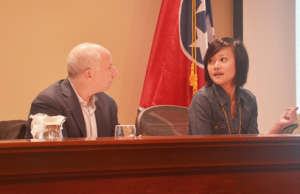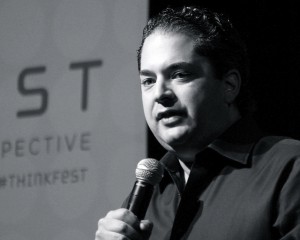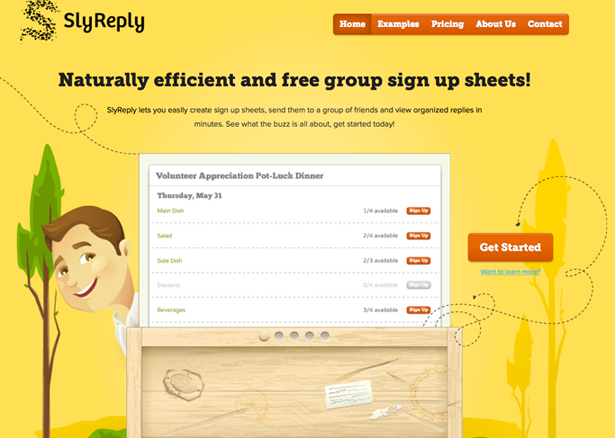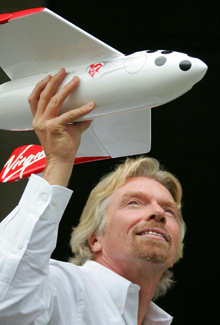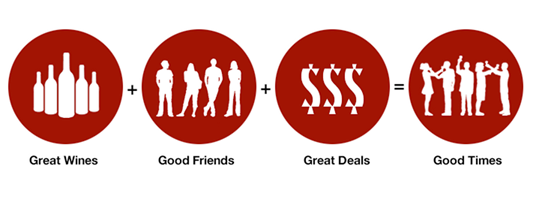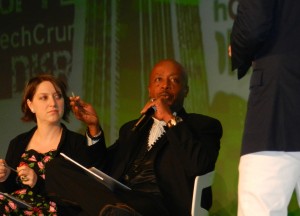Warner Music Group’s Director of the Digital Strategy Team, Ping Ho, was in Nashville today for the Music Startup Academy. The event is meant to merge musicians, labels, lawyers, publishers and entrepreneurs working on startups that are touching the music business.
In my startup experience I’ve get to talk to a lot of startups. I’ve also sat on a few committees that have vetted startups for accelerator programs. So often I’ve met music based startups who have no idea how big the can of worms is when they want to do something with commercial music.
Ho, has been with Warner Music Group over the last 8 years, and always with the digital department. She’s been through just about the entire boom of the digital music age.
We’re going to continue to dive more into music focused startups in the future here at nibletz.com but in the mean time, at the event today Ho gave some very good advice to music startups.
First things first, in my experience, I’ve met quite a few founders who want to offer some kind of “radio” or “streaming” service and are adamant about doing their own thing and not using an API from someone like Spotify or Rdio. That may be the biggest mistake you’ll ever make.
Licensing music directly from a major label and can be very costly. Legitimizing your startup among independent artists can be a very long tail process. If you don’t have millions (and I’m not exaggerating) you may want to reconsider those Spotify API’s until you can build up traction.
Stubborn? Headstrong, oh ok you have the greatest idea in the world and want to go directly to the label then read on…
For starters Ho did say that it’s a lot easier to score a meeting or at least a chance to get your startup in front of her team than it would be for an artist to get in front of a traditional A&R. But pay attention here or you’ll blow it.
The Boy Scout Rule: Be Prepared.
Sure this is common knowledge but for Ho, and her counterparts at other labels this means.
– knowing your pitch
– knowing your market
– knowing your competition
– knowing what you need from the label
– having a white paper or deck, but they want to see both business plan and product, and in depth.
On this, here is the absolute biggest thing Ho said that will get your meeting shut down…
Have a ProtoType, DO NOT BE IN A CLOSED WORKING BETA.
Ho said that many times startups have pitched her. They get to a meeting and have set up a wonderful login for her to use to access their startup. They are happy, headstrong and proudly say, “We’re in a closed beta with 5000 users, and they love it”, “They’re using our service four hours a day each”. Then she, or an executive in her position, goes to the actual product and they’re using Warner’s music in the “beta”. Well guess what, your great idea and great startup are now stealing WMG’s product, and with 5,000 users using the service four hours a day, you’re stealing a lot of that.
The music business is going through it’s biggest fundamental change ever. An executive with Sony earlier in the program said “The album is dead, we need to find more high margin product businesses”, digital licensing is now the catalog vault.
“I’m going to rely on the artist to help build my customer base” makes Ho cringe the way that “we’re going to grow socially and organically over the first two years” makes me cringe.
Artists aren’t going to get involved until they see how your startup is impacting their bottom line. This can be a double edged sword as well because remember, the death of the album is affecting artists just as much as it is labels. They’re getting into more and more businesses, and a lot of them are digital.
So now that you’ve got all that, check out digitalmusic.org they’ll help you get to that next step.
Here are more great startup stories from Nashville.


